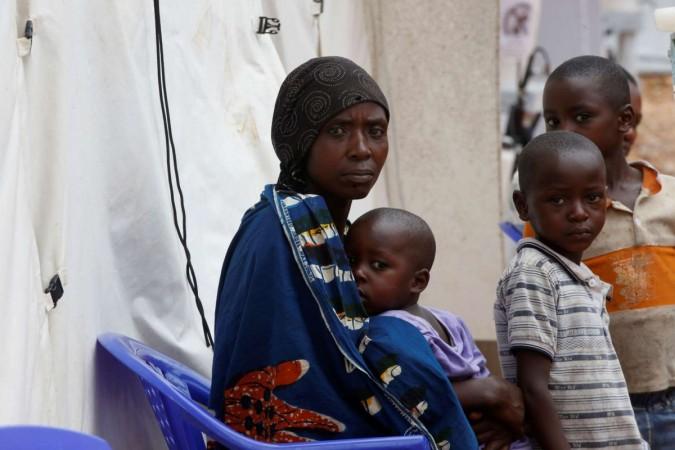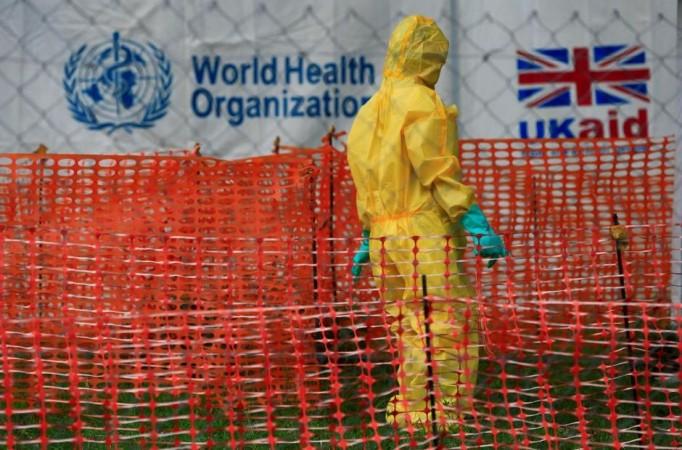
Over tens of millions of people are at risk of epidemic-prone diseases such as influenza, Ebola, Zika, plage and others, according to an international monitoring report published on Wednesday, September 18.
A report prepared by the Global Preparedness Monitoring Board (GPMB), co-convened by the World Bank and the World Health Organization (WHO), warned that a potentially fast-spreading outbreak of diseases have increased risks due to factors such as conflict, forced migration and climate change.
"The threat of a pandemic spreading around the globe is a real one," the group said in the report "A quick-moving pathogen has the potential to kill tens of millions of people, disrupt economies and destabilise national security."
Out of 1,483 diseases in 172 countries tracked by WHO between 2011 and 2018, endemic prone diseases such as influenza, severe acute respiratory syndrome (SARS), Middle East respiratory syndrome (MERS), Ebola, Zika, plague, yellow fever and others, are at "harbingers of a new era of high-impact, potentially fast-spreading outbreaks that are more frequently detected and increasingly difficult to manage."
The report also compared the risk to Spanish Influenza in 1918. The endemic affected one-third of the world population and killed as many as 50 million people, 2.8% of the total population. Estimates made by the World Bank state "a global influenza pandemic akin to the scale and virulence of the one in 1918 would cost the modern economy $3 trillion, or up to 4.8 per cent of gross domestic product (GDP)."

Least developed countries in South Asia and sub-Saharan region's would also devastate economies, with the endemic costing an South Asia's GDP likely to drop by 2 per cent ($53 billion) and sub-Saharan Africa's GDP by 1.7 per cent ($28 billion), adding that the effect on latter's equivalent to erasing a full year's economic growth.
Previous estimates of the cost of endemics include a loss of over $40 billion in productivity from the 2003 SARS epidemic; $53 billion loss from the economic and social impact of the 2014-2016 West Africa Ebola outbreak; and the $45 to 55 billion cost of the 2009 H1N1 influenza pandemic.
"Poverty and fragility exacerbate outbreaks of infectious disease and help create the conditions for pandemics to take hold," the acting chief executive of the World Bank, Axel van Trotsenburg was quoted as saying by Reuters.
The report called for governments to routinely conduct multisectoral simulation exercises to establish and maintain effective preparedness.
Director-General of WHO, Tedros Adhanom Ghebreyesus called upon governments to "heed the lessons these outbreaks are teaching us" and to "fix the roof before the rain comes". He also said, "governments should invest in strengthening health systems, boost funds for research into new technologies, improve coordination and rapid communication systems, and monitor progress continually."

















